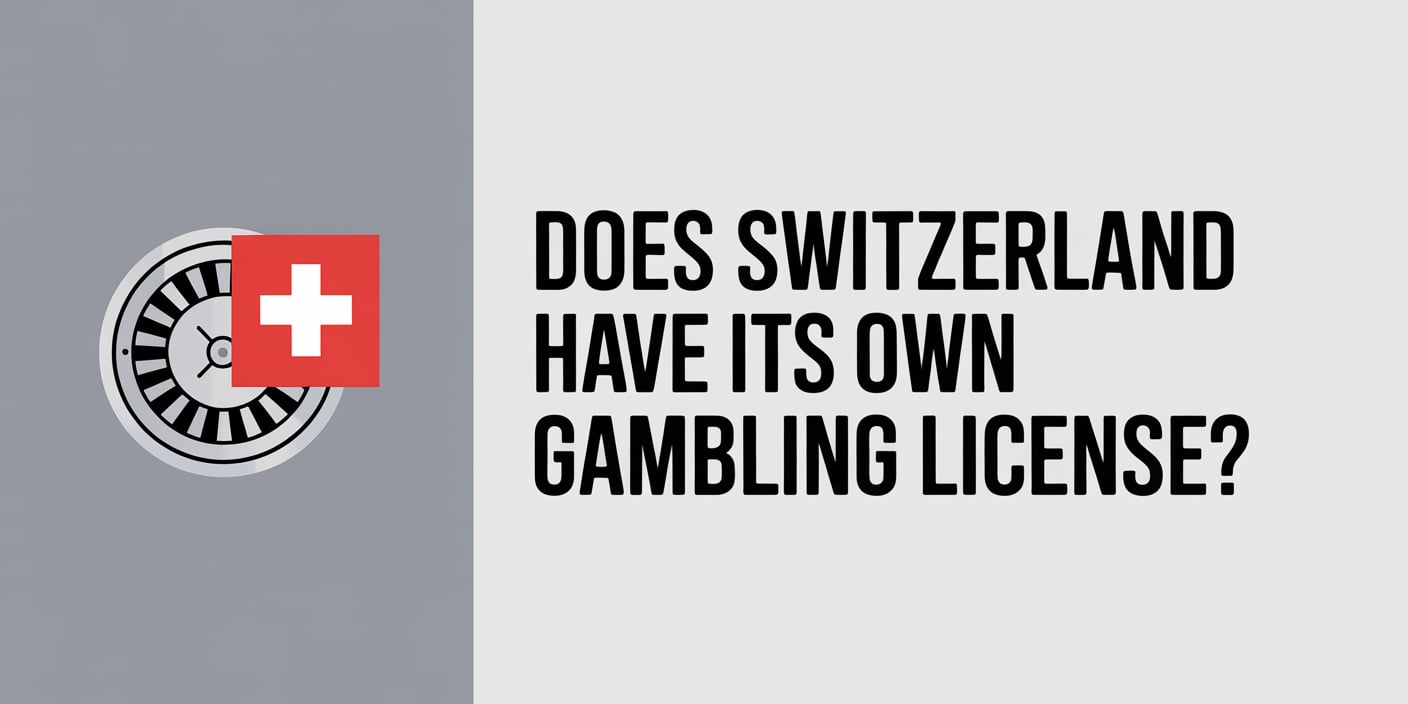
The Swiss government has a very well-defined system of licensing for gambling operators. Land-based casinos, as well as online gambling sites, can legally operate in Switzerland, but they must meet the high level of requirements that are put forward by the government. The Swiss Federal Gaming Board, SFGB, and Inter-Cantonal Lotteries and Betting Commission, better known as Comlot, are the two major organizations in this sector that provide licenses and regulate gaming activities.
Casinos: Switzerland is home to several licensed land-based casinos, which are strictly regulated. Land-based casinos have to return some proportion of the revenue for social security and pension funds so that gambling returns profit to society.
Online Gambling: Switzerland's regulatory framework also includes online gambling. Swiss casinos have been allowed to offer Online Casino Switzerland games. The online casinos, however, must be linked with land-based casinos and be in line with the SFGB's regulations. The country also blocks access to foreign gambling websites that are not licensed, thus ensuring that Switzerland residents gamble only on legal and regulated websites.
Up to now, the Swiss gambling market was controlled and ruled by two principal players:
Swiss Federal Gaming Board (SFGB): SFGB is the governmental authority responsible for regulating land-based casinos that have joined the online business. It ensures that the providers of this business are aligning with and abiding by the law according to Swiss law, thus granting them licenses and closely monitoring the casinos so that money laundering and other criminal activities do not occur.
Inter-Cantonal Lotteries and Betting Commission (Comlot): Comlot regulates lotteries, sports betting, and small game houses, i.e., bingo halls. It ensures fairness and transparency in the conduct of the same and operates in close liaison with cantonal authorities since, in the federal arrangement of Switzerland, the powers are vested in the individual cantons with a wide range.
The two above bodies, in brief, work together to keep the gambling industry properly regulated with a view to protecting players and ensuring responsible gaming.
The Swiss law, as far as gambling is concerned, is one of Europe's most modern; it is built on the balance between economic benefit and social responsibility. The main points of the Swiss law on gambling are:
Swiss Gambling Act: The Swiss Gambling Act went live in January 2019 and is the most important piece of legislation regarding the regulation of gambling activities in Switzerland. The law legalized online gambling for operators who obtain Swiss licenses and access to unlicensed foreign sites impossible. The law also contains strict provisions regarding player protection, such as self-exclusion schemes, programs for preventing gambling addiction, and responsible gaming requirements.
Land-Based Casinos: The Swiss State has issued licenses to 21 land-based casinos. They are all strictly regulated in matters of fairness and transparency. There are a range of games on offer, from slot machines to table games like poker and roulette.
Online gaming: Swiss citizens are deserving of the offer of online games of chance at casinos, provided that the offering is by a Swiss-licensed operator. The legislation also outlines that each of the online games offering operators has to be coupled with one of the land-based casinos licensed in Switzerland. It provides a means by which the online gambling incomes are retained within the border and the players offered a safe and controlled environment in which to game.
Lotteries and Sports Betting: Lotteries and sports betting are legal; Comlot, however, strictly regulates such activities. Most of the revenues generated by such lotteries and bets are given back to a host of charitable causes. There are just two operators that are licensed to provide the services for a lottery and bets: Swisslos and Loterie Romande.
Player Protection: Player protection against gambling addiction is a prime concern in Switzerland. All licensed operators shall implement responsible gambling practices, including allowing players to set their deposit limits, providing self-exclusion, and making counseling services available based on gambling harm.
Swiss gambling legislation has developed considerably over the years. Gambling was severely restricted until recent years, and casinos were legalized only in the late 20th century. The Swiss Gambling Act brought about a modern regulation regime for online and land-based gambling.
One of the biggest recent legal developments was a Swiss attempt to ban online gambling sites based outside of Switzerland that do not have a Swiss license. The move was controversial, with some groups accusing it of being an attack on the freedom of the internet, but the Swiss government said it was a protection of its regulated market and of retaining gambling profits domestically.
The implementation of the gambling law is progressing well in Switzerland. The Swiss Federal Gaming Board and Comlot therefore closely supervise the operators in both terrestrial and internet gambling to ensure that they meet the standards of the Swiss laws. Any of them that do not comply with legal specifications stand the chance of being fined, suspended, or having their licenses withdrawn.
For internet gambling, the government uses an ISP network which blocks foreign unlicensed sites. This has been quite effective at reducing the number of Swiss players on illegal offshore sites, although some try their luck by seeking to get around these through VPNs.
Swiss gambling legislation is severe both for a player and an operator. There are hefty fines for operators of illegal gambling, and players of unlicensed gambling can also be liable, although normally it comes down hard on suppliers rather than individual players.